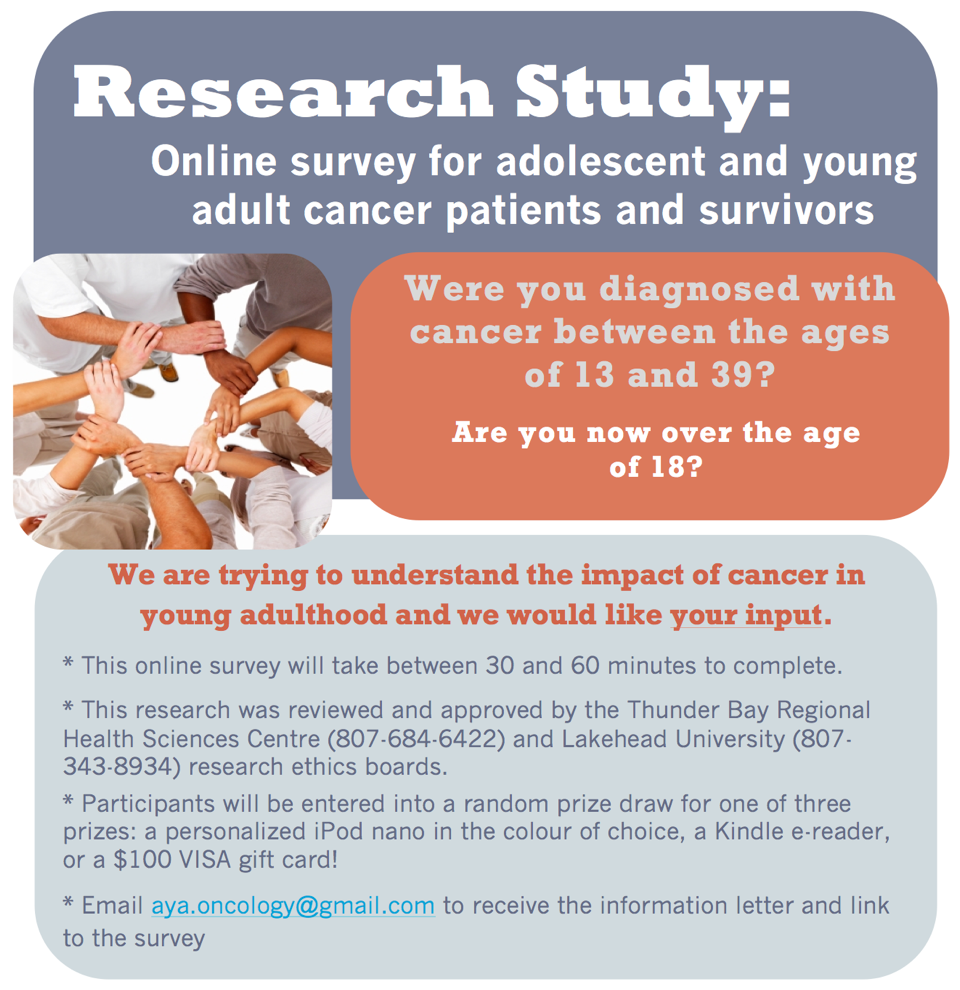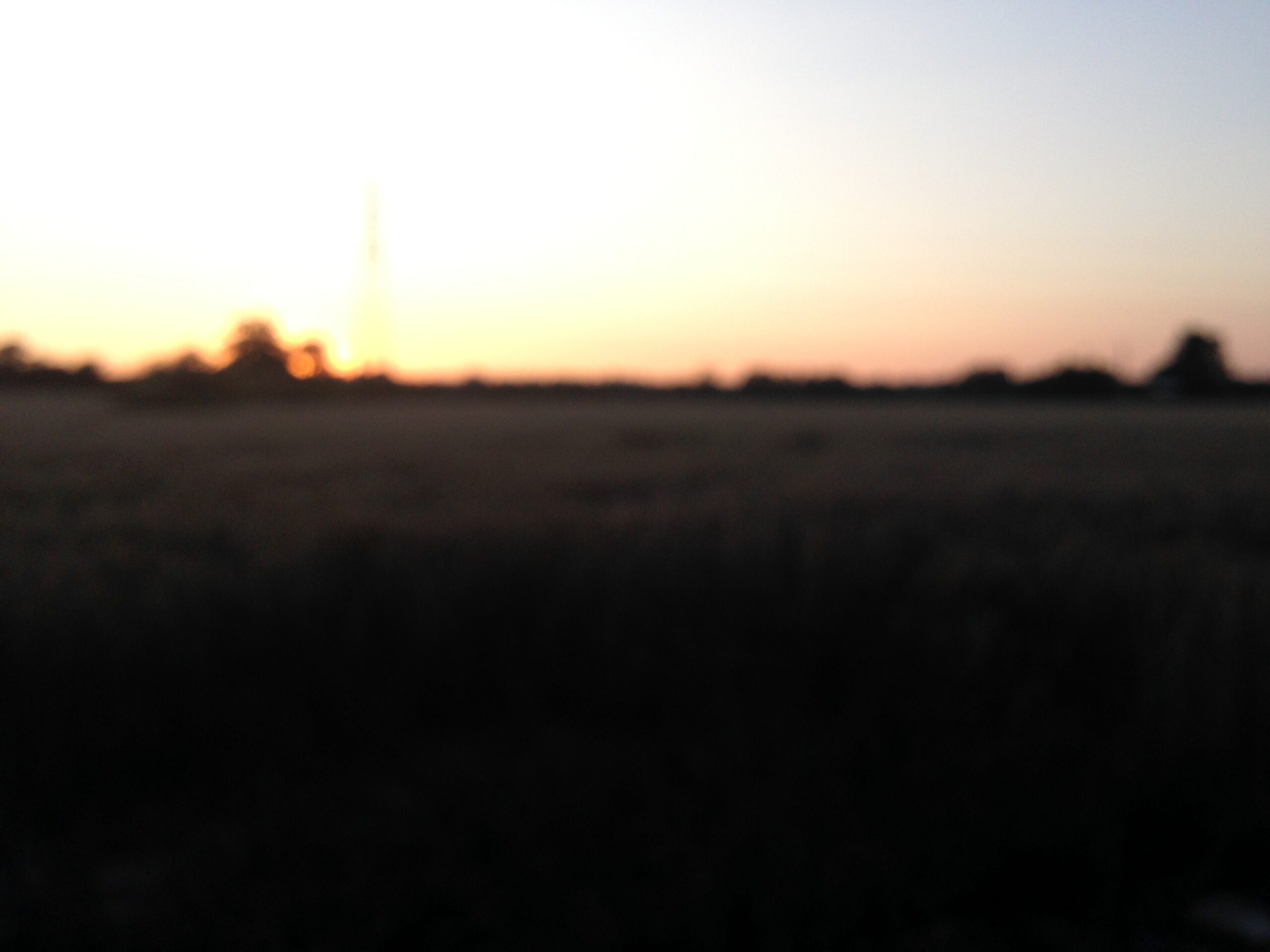Andrea and G have a lovely history together. Go here to learn more about them, and to read the first three posts in their first segment of The Fork In The Fight series. Look forward to reading Part 2: Navy Bean Root Vegetable Stew and Part 3: Introduction to Ayurveda later this week!
The Fork in the Fight: recipes for restoring our souls and thriving in the face of cancer
Part 1: Recipes for Calm & Creativity
This is the first post in the second segment of the Fork In The Fight series. In this three-part segment, we will be sharing a recipe for the soul in finding retreat in creativity, a recipe for the body with a delicious navy bean stew, and a recipe for the mind as Andrea introduces the world of Ayurveda. Stay tuned!

Solitude & Retreating – Andrea
Over the past month, emerging from the wilderness of ocean waves in Big Sur for a retreat with Scott Blossom, and hours in front of books, family or movie classics, I’ve found that turning inward, away from the social engagements beginning to brew, has been a very sound choice. Even with my partner and husband away for one month on his own sabbatical of sorts, with solitude and quiet setting in around the clock, longing for even more has not been uncommon for me. I have canceled a few appointments, and gotten to bed early. A few nights I have also stayed up late watching a new favorite television indulgence, sipping wine and writing. These, too, have been a practice of healing. There are many ways to wander inward. Cooking, Meditation, like the practice we shared in Breathing Into Self-Awareness And Ease, Yoga, and writing are my top four. What are yours? Not sure, but want to try something creative and different? We encourage you this month to fight for some YOU time. Take a stab at something creative. Find stillness in the gentle movements of your hand while painting, drawing, or writing.
Stillness & Creativity – G
Boy, do we all know that life can be messy and unexpected, and sometimes just completely overwhelming! There can be moments when it all seems too much or we lose sight of reality. It has taken mistakes (loads) and time (a lot) to teach myself to breathe, to be gentle, to seek happiness in all moments, and most importantly, to act positively and decisively when I feel stress creeping in. I learned much of this along my cancer journey, but I continue to turn to use these newfound superpowers everyday and you can easily master them, too. The most helpful of them all has been meditation (followed closely by x-ray vision).
I am a creative person and a voracious reader. During treatment I didn’t always have the energy to think creatively or concentrate on reading but I still yearned for those outlets. This is how I stumbled upon “doodle meditation.”
After finding an interesting audiobook or podcast, I’d grab a pen and paper. As I sat listening to these stories, I would begin to doodle. I never had anything in particular planned, but I always started with a single point and drew outwards from it, balancing a squiggle here, with a squiggle there. I made a point not to concentrate on my drawing, but rather to let my hand and mind doodle freely as I listened. I would feel more relaxed after even a few minutes of this, and my buzzing and whirring anxieties would be calmed.
Whenever I find myself stressed or too caught in a moment, I start up doodle meditation. It’s the easiest thing in the world and absolutely everyone can do it.
How to Doodle-tate:
- Find a great audiobook, podcast, or music. If you are looking for a book that can’t help but make you excited to be alive, try “Born to Run” by Christopher McDougall.
- Next, take out a piece of paper and pen. I like to use felt tip pens but any pen and paper will do.
- Starting with a single point, draw a shape in the middle. Any shape!
- From there, draw what comes naturally. An arrow pointing left or a small spiral twisting right? Or three polka dots under a zigzag?
- Perhaps most important to this whole process, don’t stop to think about what your doodle looks like or what should come next. Practice freeing up your mind and just letting the pen move.
- Keep doodling for as long as you like!
Doodle meditations are a simple and fun way to take a break and I hope that you find joy in them! If it seems too unstructured to start with, I recently came across Zentangle and would absolutely recommend them. While my doodles weave randomly, Zentangles are “artistic meditation” that use patterning beautifully. On LacunaLoft, Mallory recently posted about coloring for stress and shared a gorgeous free coloring and creativity guide, too!

We would LOVE to see what you create so if you try doodle meditation and want to share your creations, please comment and we will reach out to you. We may even feature your doodles in our next series!
With love and gratitude,
Andrea and G
Put A Fork In It! Send us your comments, suggestions and food-fighting ways to support a healing life.





